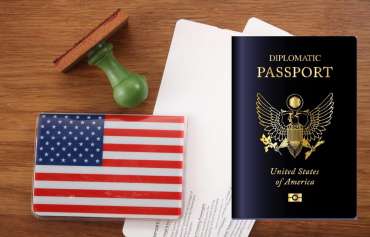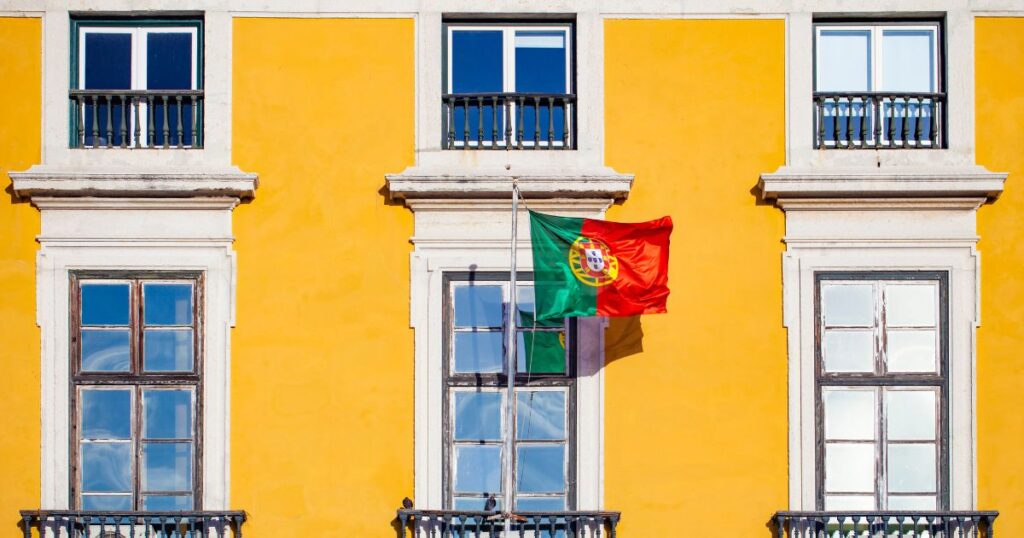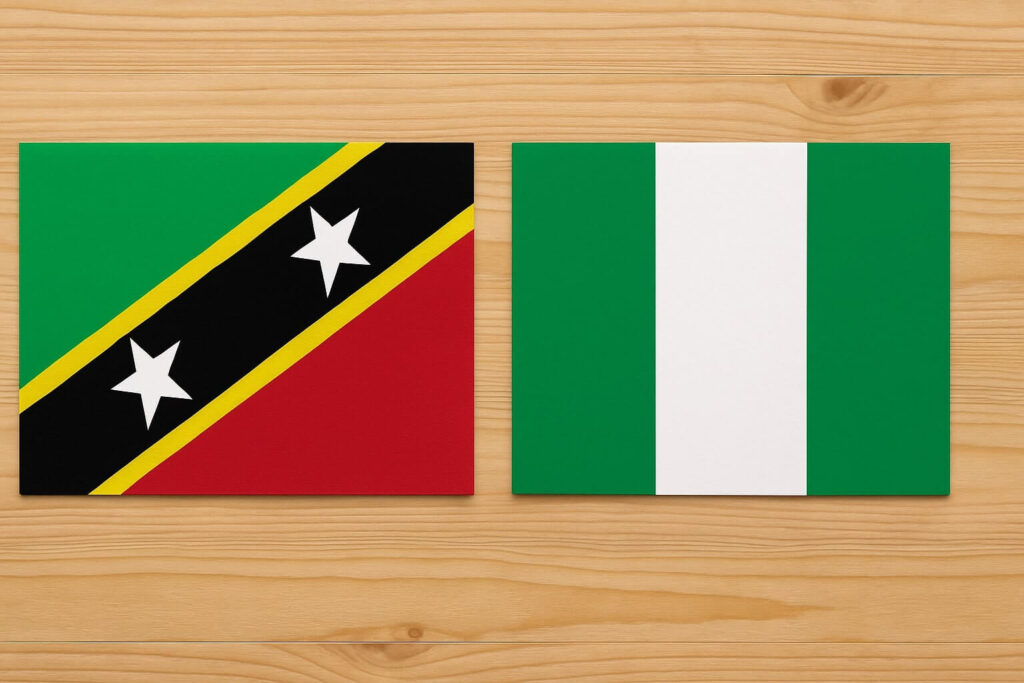Diplomatic immunity for messengers have existed since prehistoric times in foreign relations. The origins of diplomatic immunity can also be traced as far as back to ancient civilizations of China, India, and Egypt.
Roughly 4000 years ago, evidence is found in the indian epics Mahabharata and Ramayana where couriers and diplomats given immunity and safe conduct from capital punishment or killing. Ethiopians and the Byzantines diplomatic exchange continued during the Arab–Byzantine wars. Ancient Greek and Roman governments have offered special status to envoys. The first permanent diplomatic mission (modern day embassy) was established in Italy in 1455, representing the Duke of Milan in Genoa.
In 1708, the British Parliament formally recognized diplomatic immunity and banned the arrest of foreign envoys. In 1790, the United States passed similar legislation that provided absolute immunity for diplomats and their families and servants, as well as for lower ranking diplomatic mission personnel. This 1790 law remained in force until 1978, when the present Diplomatic Relations Act (22 U.S.C. 254) was enacted to replace it.
Modern diplomatic immunity was codified as international law in the Vienna Convention on Diplomatic Relations (1961) which has been accepted by 192 nations.
Diplomatic immunity is a widely misunderstood topic, leading to several myths. The bottomline is Diplomats are NOT above the law
What is diplomatic immunity?
Diplomats enjoy the highest degree of privileges and immunities. They enjoy complete personal inviolability, which means that they may not be handcuffed (except in extraordinary circumstances), arrested, or detained; and neither their property (including vehicles) nor residences may be entered or searched. Diplomatic agents also enjoy complete immunity from the criminal jurisdiction of the host country’s courts and thus cannot be prosecuted no matter how serious the offense unless their immunity is waived by the sending state. They also enjoy complete immunity from the obligation to provide evidence as witnesses and cannot be required to testify even, for example, if they have been the victim of a crime.
Diplomats are NOT above the law and must respect the host country laws. Diplomatic immunity is widely misunderstood in such a way that it gives license to Kill. This is totally a myth!
Diplomatic immunity has been subject to abuse by many foreign diplomats around the world without knowing the consequences. Breaking the host country’s laws by diplomats, could lead to serious strain in bilateral relations.
Here are some of the important facts about diplomatic immunity..
1. Diplomatic immunity not possible outside the country
The Diplomatic immunity does not apply to the diplomats in any other country rather then the one they are appointed in. For example if the diplomat is assigned to Italy, immunity applies ONLY in Italy not in other countries.
2. Diplomats can only be citizens
The Vienna convention requires diplomats who are citizens of the sending state, assigned to conduct diplomatic relations with foreign countries. It is extremely rare for non-citizens given given diplomatic passports with immunity.
3. All diplomatic passport holders do not get automatic immunity.
This is not true. Only top level diplomats given immunity. It is not automatic.
There is a common misunderstanding that consular personnel have diplomatic status and are entitled to diplomatic immunity.
4. Hosting country provides diplomatic immunity
The sending state does not provide immunity. Infact to assign a diplomat, a prior permission is required from receiving state/country to assign a diplomat. The receiving state provides immunity NOT sending state.
The receiving state or host country may also expel diplomats.
5. Diplomatic immunity does not give license to kill.
Diplomatic immunity does not provide insulation from prosecution or punishment. This is because, the sending country can revoke diplomat’s immunity anytime for prosecution. This also applies to family members.
- In 2002, a Colombian diplomat in London was prosecuted for manslaughter, once diplomatic immunity was waived by the Colombian government.
- In 1997, a second-highest-ranking diplomat at the Georgian Embassy in Washington, had his diplomatic immunity waived after he killed a teenager in a drunk driving accident, sentenced to 21 years imprisonment.
Diplomats also face severe disciplinary action if they flout local laws putting their career at risk, if they violate against Vienna convention. Prosecution may be undertaken by the sending state. In the past, diplomats have been prosecuted and jailed for crimes committed outside the country.
6. CBI schemes do not offer diplomatic passports
The Citizenship by investment schemes only offer ordinary passports and has nothing to do with diplomatic immunity or passports
7. Diplomats enjoy tax free status
Diplomats are exempt from all national, regional or municipal dues and taxes, whether owned or leased. Diplomats are exempt from import duty and tariffs for items for their personal use.
8. Diplomat bags can be checked by X-rays
Although diplomats bag has the immunity of not to be opened or detained by any official of receiving country in airports, but it will go into the x-ray machine to check that no illegal substance is being carried in the bag. The diplomatic bag must bear visible external mark of the embassy and may contain only diplomatic documents or articles intended for official use.
9. Consular officers
Consular immunity given to staff is a lesser form of diplomatic immunity.
The 1963 Vienna Convention on Consular Relations grants a very limited level of privileges and immunities to consular personnel assigned to consulates that are located outside of capitals.
10. Temporary diplomats have no immunity
Diplomats who are assigned on temporary basis, or sent short-term official duty with diplomatic missions ordinarily do not enjoy any privileges and immunities.
11. Diplomatic passports cannot be misused for personal purpose
Diplomatic passports can only be issued to travelling on official duty. They can ONLY use the diplomatic passport to travel to the host country where they are appointed.
Diplomatic passport holders should practice carrying both regular and diplomatic passports while on travel. Diplomatic passports cannot be used for personal use or travel. They must use regular passports for all personal travel, eg. tourism or travel holidays. This is why diplomatic passports have limited privileges, this is why, an ordinary passport so much better than diplomatic passport
At some airports, there are separate passport checkpoints for diplomatic passport holders.
12. Family members get no immunity from civil jurisdiction
Family members forming part of the household of diplomatic agents enjoy precisely the same privileges and immunities . Since these family members have no official duties to perform, they enjoy no immunity from civil jurisdiction.
The private servants of diplomatic personnel enjoy no jurisdictional immunity or inviolability
13. Diplomats get immunity from civil suits
Diplomats have immunity from civil suits except in four very limited circumstances:
- in connection with real property transactions not conducted on behalf of the mission;
- in connection with any role they may play as executor for or heir to an estate being distributed in the host country;
- in connection with the performance of professional or commercial activities outside the scope of their official duties; or
- in respect of counterclaims on the same subject matter when they have been the initiating party in a suit.
14. No immunity from Traffic Violations
Diplomats are neither exempted nor given immunity from traffic fines or parking violations.
15. What should you know about diplomatic passports?
In a nutshell , this is what you should know about diplomatic passport
- Do NOT confer diplomatic immunity.
- Do not exempt the bearer from foreign laws.
- Do not allow the bearer to carry classified or sensitive material across borders.
- Do not allow the bearer to avoid questions from foreign immigration or bypass security.
- Do not protect their holders from arrest, hazards of war, criminal violence, or terrorism.
Further
- Misuse may also be subject to disciplinary action.
- Diplomats may be subjected increased scrutiny by foreign governments and other entities.
- Many countries have visa requirements for Diplomatic passport holders
16. Diplomatic Visas
Diplomats also need visas like anybody else. No automatic visa free travel.
For example, Diplomats and other foreign government officials traveling to the United States to engage solely in official duties or activities on behalf of their national government must obtain A-1 or A-2 visas prior to entering the United States. They cannot travel using visitor visas or under the Visa Waiver Program.
16. Official vs Diplomatic passports
The official and diplomatic passports both conferring varying levels of diplomatic immunity upon their bearers. In the US for example,
- Official passport is issued to an official or employee of the U.S. Government traveling abroad to carry out official duties; and
- Diplomatic passport is issued to a Foreign Service Officer or to a person having diplomatic status or comparable status because he or she is traveling abroad to carry out diplomatic duties on behalf of the U.S. Government.





